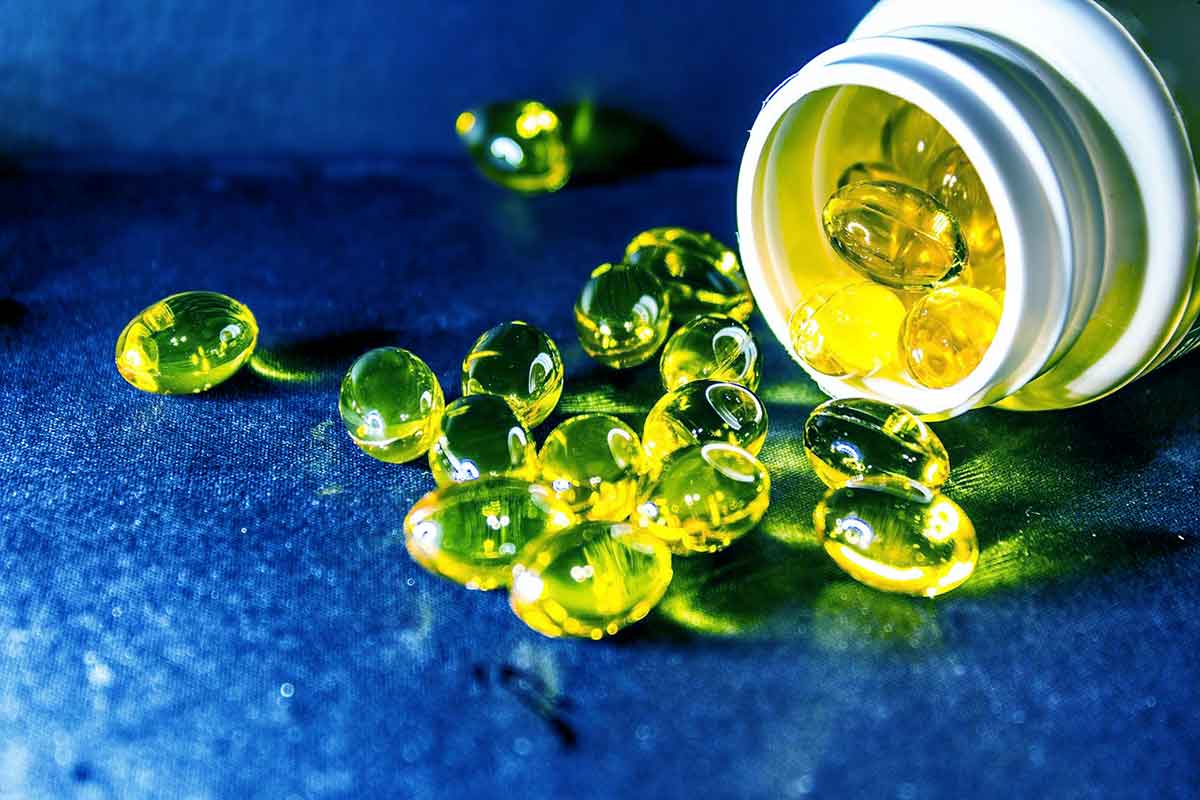Because the keto diet eliminates or restricts certain foods, many people are concerned about well-balanced nutrition. As with any diet, proper meal planning with enough key vitamins and minerals is vital to long-term success. Fortunately, eating nutrient-dense whole foods, meeting daily calorie needs, and avoiding processed filler foods minimizes the chance of nutrient deficiencies.
It’s crucial to get enough of the following minerals and vitamins:
- Magnesium
- Iron
- Sodium
- Potassium
- Vitamin K
Magnesium
Magnesium is a mineral that regulates blood sugar levels, boosts energy, and supports the immune system. As an electrolyte, it plays a role in muscle cramps and other side effects some experience in the early stages of the keto diet. Getting 200–400mg of magnesium daily is beneficial.
Magnesium can be found in many keto-friendly foods, such as avocado, dark chocolate, and nuts. There are also various types of supplements available. Magnesium citrate is a popular choice because of its effectiveness.
Iron
Iron is another mineral that is vital for a healthy vascular system. Women on the keto diet need more iron than men because of menstruation. Women should aim for about 18mg daily, while men should consume 8mg daily.
Note that iron is available in two forms: heme and non-heme iron. Heme iron is abundant in animal products, and the body recognizes and absorbs it more easily than non-heme iron.
Good sources of heme iron are beef (especially beef liver), chicken, clams, oysters, and sardines canned in oil. Non-heme iron can be found in lentils, beans, spinach, and fortified cereals.
Vitamin K
Vitamin K is necessary for blood clotting and proper functioning of the immune system. On average, women should consume 90mcg daily, while men should consume a bit more, around 120mcg.
Vitamin K is found in greens like kale and spinach as well as beef liver and other organ meats (offal).
Sodium
The body requires sodium to maintain appropriate blood sugar levels, balance bodily fluids, and keep muscles functioning properly. It’s one of the most important electrolytes and needs to be adequately replenished.
A standard diet consisting of many processed foods is typically too high in sodium, but keto dieters eating mainly whole foods may find they need to increase their sodium intake. Barring certain medical conditions, both men and women should be consuming two to four grams (2000-4000mg) of sodium per day.
Don’t be afraid to add salt to meals while on the keto diet. Regular table salt usually contains iodine, another essential mineral.
Potassium
Like sodium, potassium helps regulate fluid in the body. It also helps maintain blood pressure by balancing sodium stores. Consuming 3000-4000mg of potassium daily will prevent a deficiency.
The best low-carb options for potassium are avocados, cacao nibs, beef, pork, bacon, and wild-caught salmon.

